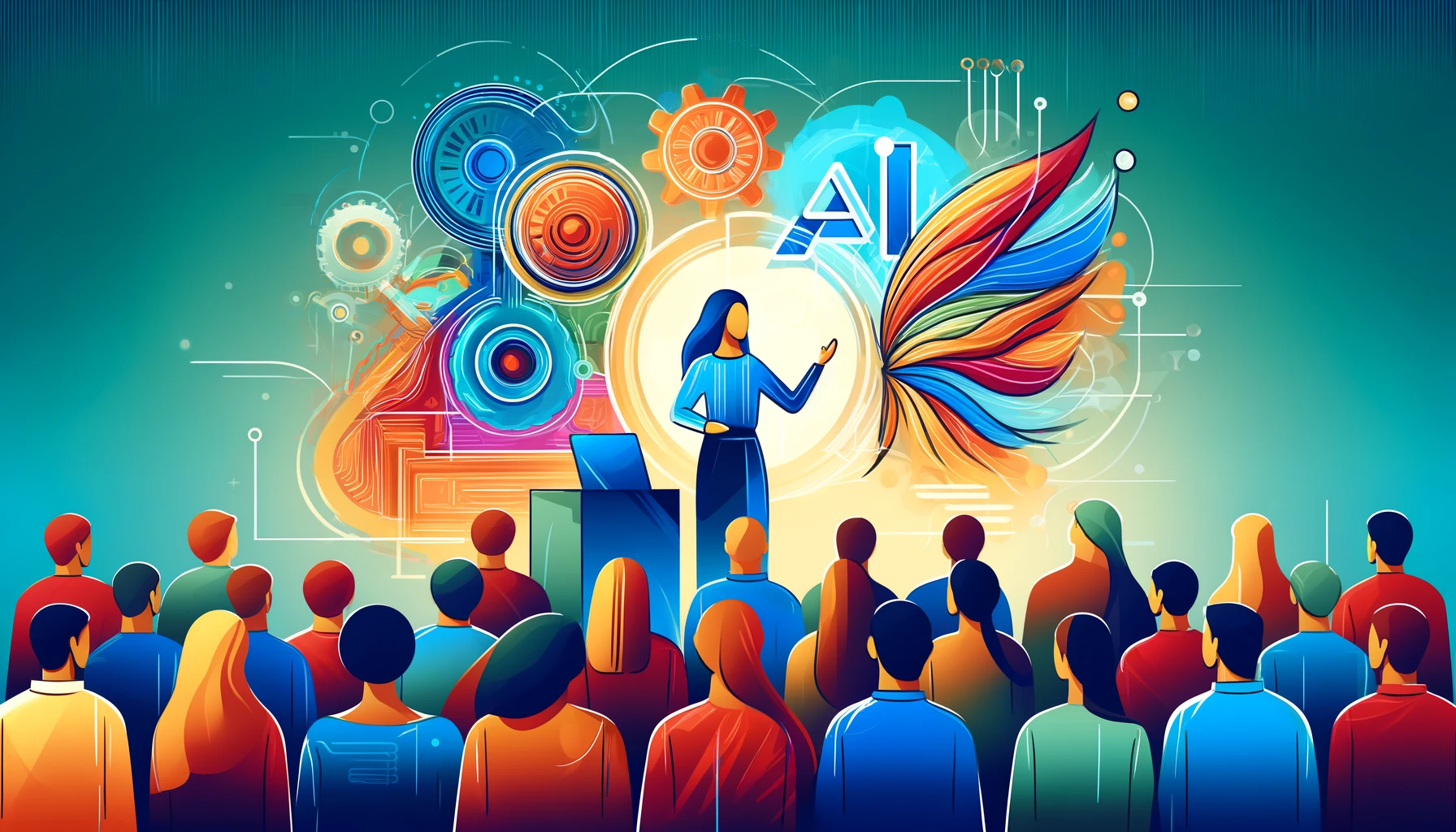Highlighting the Need for Ethical AI Development
In a recent TechCrunch interview, Miriam Vogel, President and CEO of EqualAI, emphasized the critical need for responsible artificial intelligence (AI). Vogel, who also serves as Chair of the National AI Advisory Committee (NAIAC), discussed the urgency of addressing ethical concerns and biases in AI development. The interview shed light on the various dimensions of responsible AI and the initiatives aimed at promoting equitable and unbiased AI technologies.
Background on Miriam Vogel and Her Role
Miriam Vogel has a distinguished career in technology and policy. She leads EqualAI, a non-profit organization dedicated to reducing unconscious bias in AI and fostering responsible AI governance. Vogel’s extensive experience includes significant roles in the U.S. government, such as Associate Deputy Attorney General and Acting Director of Justice and Regulatory Affairs at the White House. Her leadership at NAIAC involves advising President Biden and the U.S. Department of Commerce on AI-related matters, highlighting her influence in shaping national AI policy.
The Importance of Responsible AI
Vogel’s advocacy for responsible AI focuses on ensuring that AI systems are designed and implemented ethically, minimizing biases that can lead to unfair treatment of marginalized communities. She argues that AI’s potential benefits can only be fully realized if the technology is developed and deployed responsibly. This includes addressing biases in data sets and algorithms that can perpetuate discrimination in areas such as hiring, law enforcement, and financial services.
During the TechCrunch interview, Vogel stressed that responsible AI is not just a technical issue but also a societal one. She highlighted the role of diverse teams in AI development to mitigate biases and ensure that AI systems reflect a broad range of perspectives. This approach can help create AI that is not only fair but also more effective and reliable.
Initiatives and Recommendations
Vogel and EqualAI are actively involved in several initiatives aimed at promoting responsible AI. These include developing best practices for AI governance, providing training to reduce bias in AI, and collaborating with policymakers to create regulations that ensure ethical AI development. One notable effort is the creation of the Implicit Bias Training for Federal Law Enforcement, which Vogel led during her tenure at the Department of Justice.
As Chair of NAIAC, Vogel’s recommendations to the President and the National AI Initiative Office are set to influence U.S. AI policy for years to come. These recommendations cover various aspects of AI, including competitiveness, workforce issues, and ethical considerations. The goal is to establish a robust framework that supports the ethical development and deployment of AI across different sectors.
Personal Perspective on Responsible AI
From my point of view, Miriam Vogel’s work underscores the essential balance between innovation and ethics in AI development. As I see it, the push for responsible AI is crucial for building public trust in AI technologies. The potential for AI to transform industries and improve lives is immense, but without a strong ethical foundation, the risks of bias and discrimination could undermine these benefits.
The pros of Vogel’s approach include fostering a more inclusive AI landscape and ensuring that AI advancements benefit all segments of society. However, the challenges lie in the complexity of addressing deep-rooted biases in AI systems and the need for continuous oversight and regulation.
In conclusion, Miriam Vogel’s advocacy for responsible AI is a vital contribution to the ongoing dialogue about the future of AI. Her efforts highlight the importance of ethical considerations in AI development and the need for diverse and inclusive AI practices. By addressing these issues, we can work towards a future where AI serves as a force for good, benefiting everyone fairly and equitably.
Source: https://techcrunch.com/2024/05/26/women-in-ai-miriam-vogel-stresses-the-need-for-responsible-ai/






